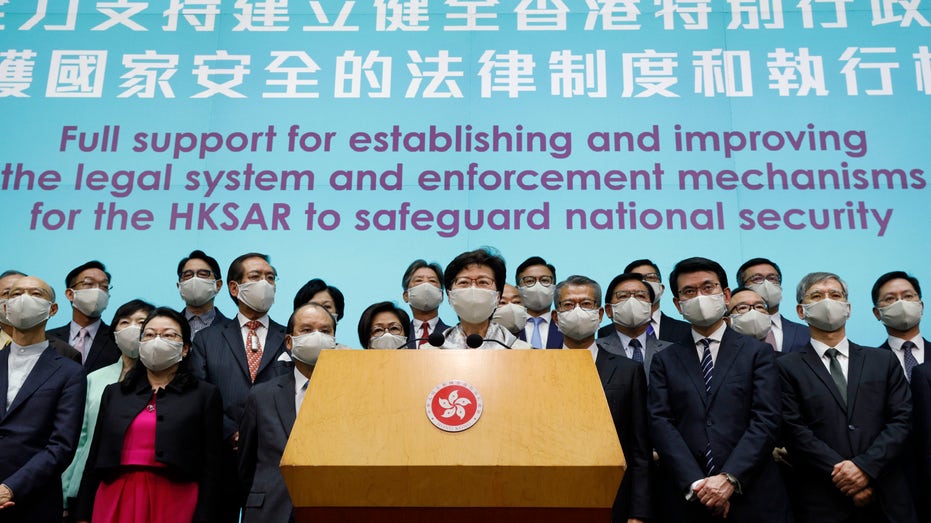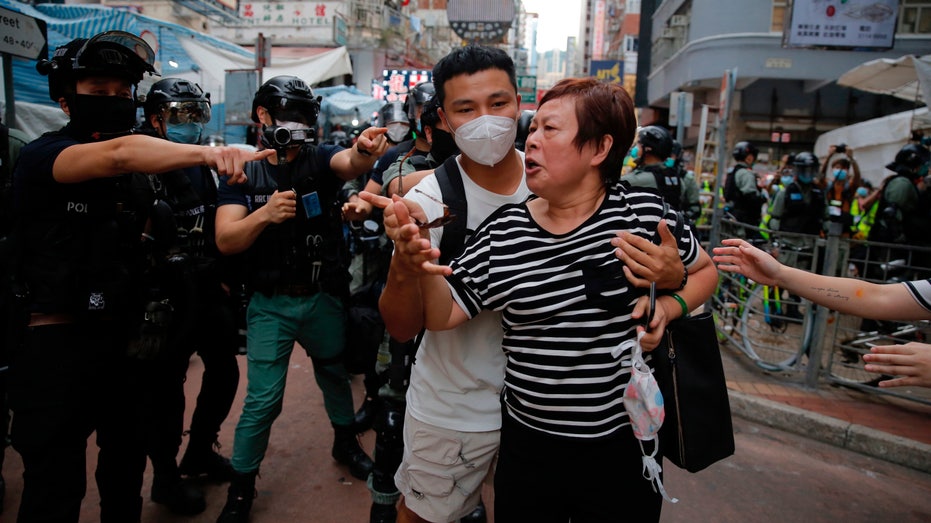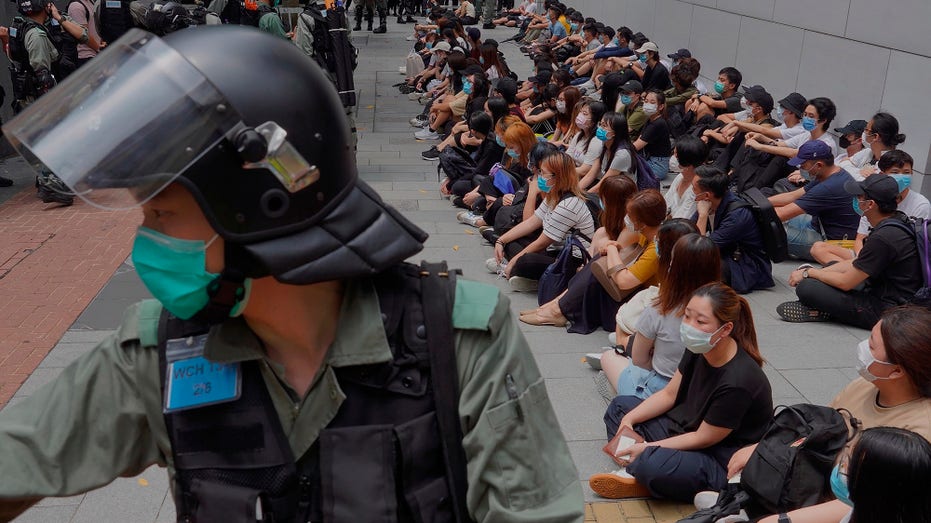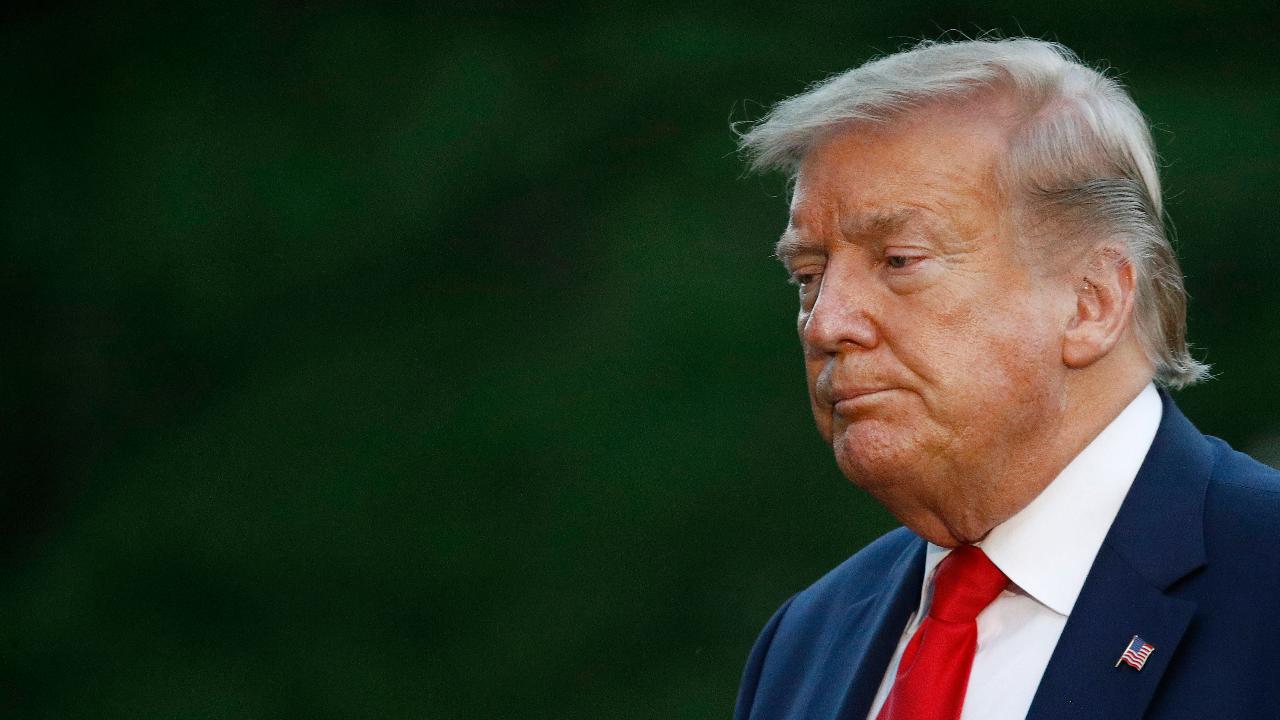China unveils details of national security law for Hong Kong amid backlash
The law has provoked deep concerns in Washington and Europe
BEIJING/HONG KONG - Beijing unveiled details of its new national security law for Hong Kong on Saturday, paving the way for the most profound change to the city’s way of life since it returned to Chinese rule in 1997.
The much-anticipated legislation, which has provoked deep concerns in Washington and Europe, includes a national security office for Hong Kong to collect intelligence and handle crimes against national security, the official Xinhua news agency reported.
It said Hong Kong leader Carrie Lam could also appoint specific judges to hear national security cases, a move likely to unnerve some investors, diplomats and business leaders in the global financial hub.

Hong Kong Chief Executive Carrie Lam, center, and other officials attend a press conference in Hong Kong after returning from China's National People's Congress (NPC) meeting in Beijing, Friday, May 22, 2020. (AP Photo/Kin Cheung)
National security activities would protect human rights and freedom of speech and assembly, it added, without providing details.
HONG KONG'S 'ONE PARTY, TWO SYSTEMS' RULE IS DEAD, ACTIVIST WARNS
China says the draft law is aimed at tackling separatist activity, subversion, terrorism and collusion with foreign forces, but critics fear it will crush wide-ranging freedoms that are seen as key to Hong Kong’s status as a global financial centre.
The details of the law were unveiled following a three-day meeting of the top decision-making body of China’s parliament.

A woman argues with police as she was told to stay away from the area in Mongkok, Hong Kong, Wednesday, May 27, 2020. (AP Photo/Kin Cheung)
The exact time frame for enacting the law was unclear, although political analysts expect it will take effect ahead of key Legislative Council elections in Hong Kong on Sept. 6.
WHAT IS HONG KONG'S RELATIONSHIP WITH CHINA?
China’s move to impose the law directly on Hong Kong, bypassing the city’s legislature, comes after a year of sometimes violent anti-government and anti-Beijing protests that mainland and local authorities blame “foreign forces” for fomenting.
Some political commentators say the law is aimed at sealing Hong Kong’s “second return” to the motherland after Britain’s 1997 handover failed to bring residents of the restive city to heel.

Chinese President Xi Jinping applauds during the opening session of China's National People's Congress (NPC) at the Great Hall of the People in Beijing, Friday, May 22, 2020. (AP Photo/Ng Han Guan, Pool)
At the time of the handover, China promised to allow Hong Kong a high degree of autonomy for 50 years under what is known as the “one country two systems” formula of governance, although democracy activists say Beijing has increasingly tightened its grip over the city.
HONG KONG'S DISNEYLAND REOPENS AFTER FIVE-MONTH CORONAVIRUS BREAK
Beijing proposed the new legislation last month, drawing a swift rebuke from Britain and the United States.
On Friday, Secretary of State Mike Pompeo said Washington would in future treat Hong Kong as a Chinese city, rather than a semi-autonomous one, and the United States was working its way through a decision-making process over who would be held accountable over curbs to Hong Kong’s freedoms.

Riot police guard detained anti-government protesters in the Causeway Bay district of Hong Kong, Wednesday, May 27, 2020. (AP Photo/Vincent Yu)
Underscoring global concerns over the move, the European Parliament on Friday voted in favor of taking China to the International Court of Justice in The Hague if Beijing imposes the security law on Hong Kong.]
China has repeatedly warned foreign governments against interfering in its internal affairs.
READ MORE ON FOX BUSINESS BY CLICKING HERE
Officials in Beijing and Hong Kong have been at pains to reassure investors that the law will not erode the city’s high degree of autonomy, insisting it will only target a minority of “troublemakers” who pose a threat to national security.
Hong Kong has said the law will not erode investor confidence and people who abide by it have no reason to worry.
Despite such assurances, the law has alarmed business groups, diplomats and rights organizations, further strained ties between the United States and China, and prompted the G7 foreign ministers to urge Beijing not to go through with it.
CLICK HERE TO READ MORE ON FOX BUSINESS




















